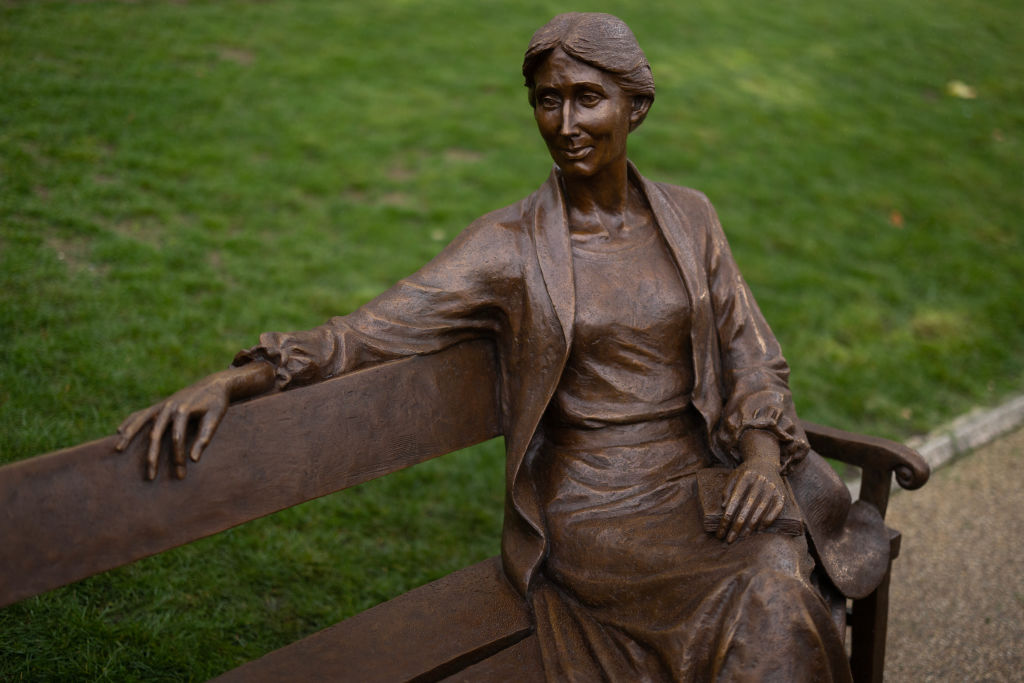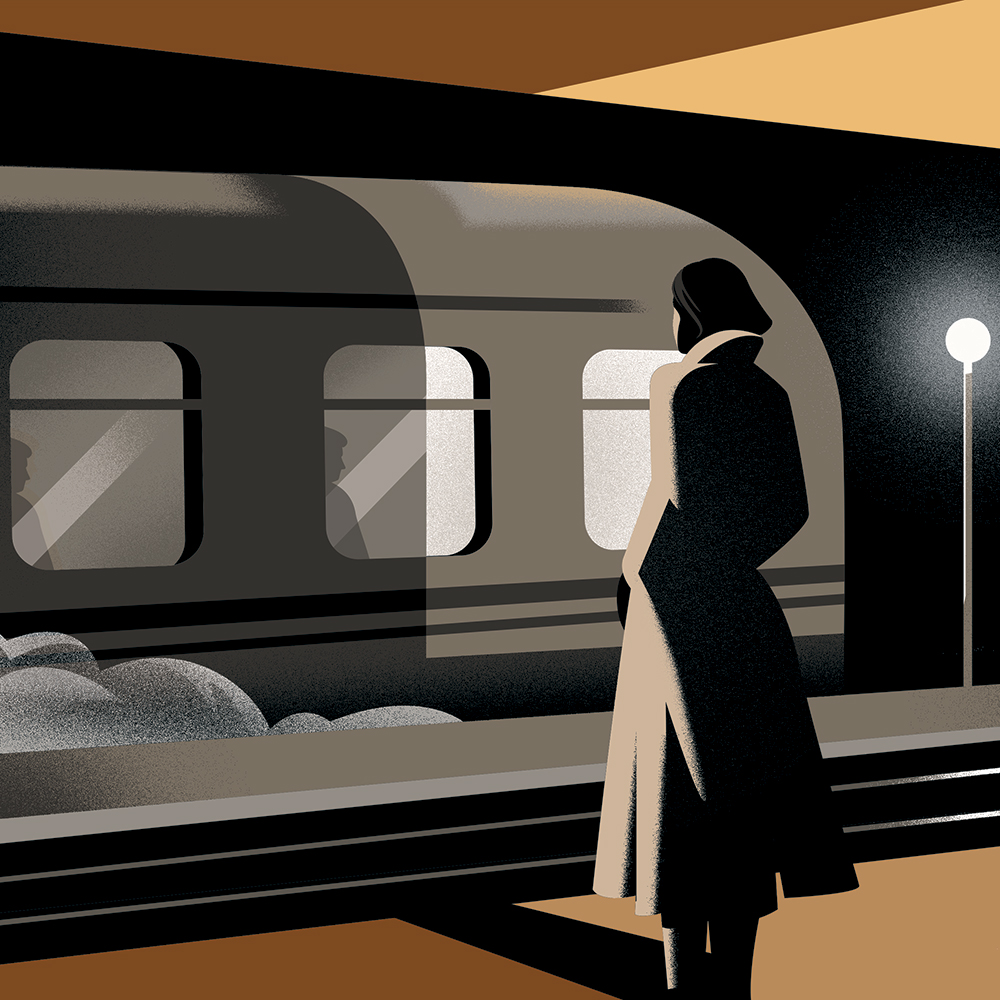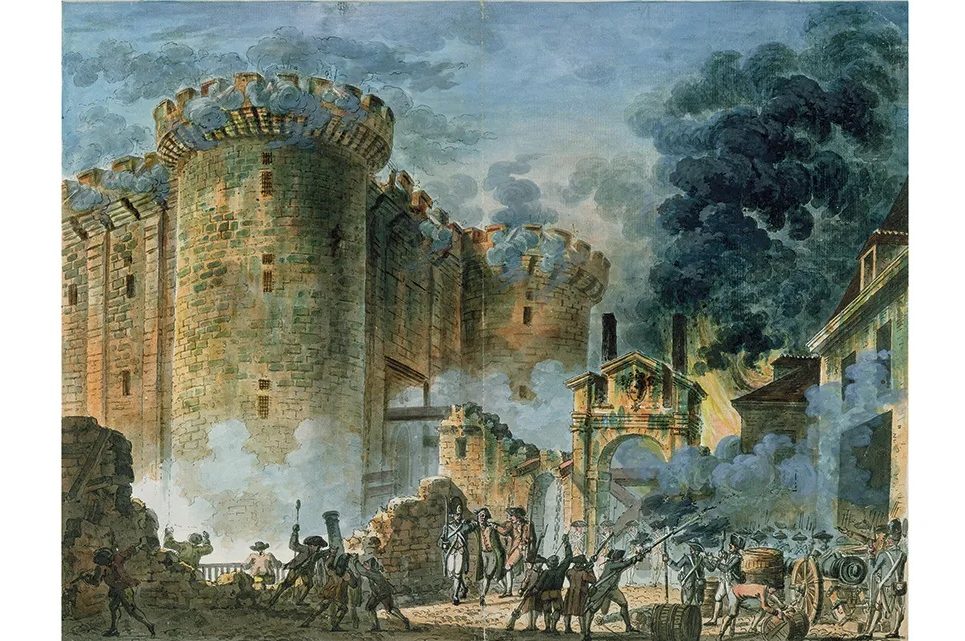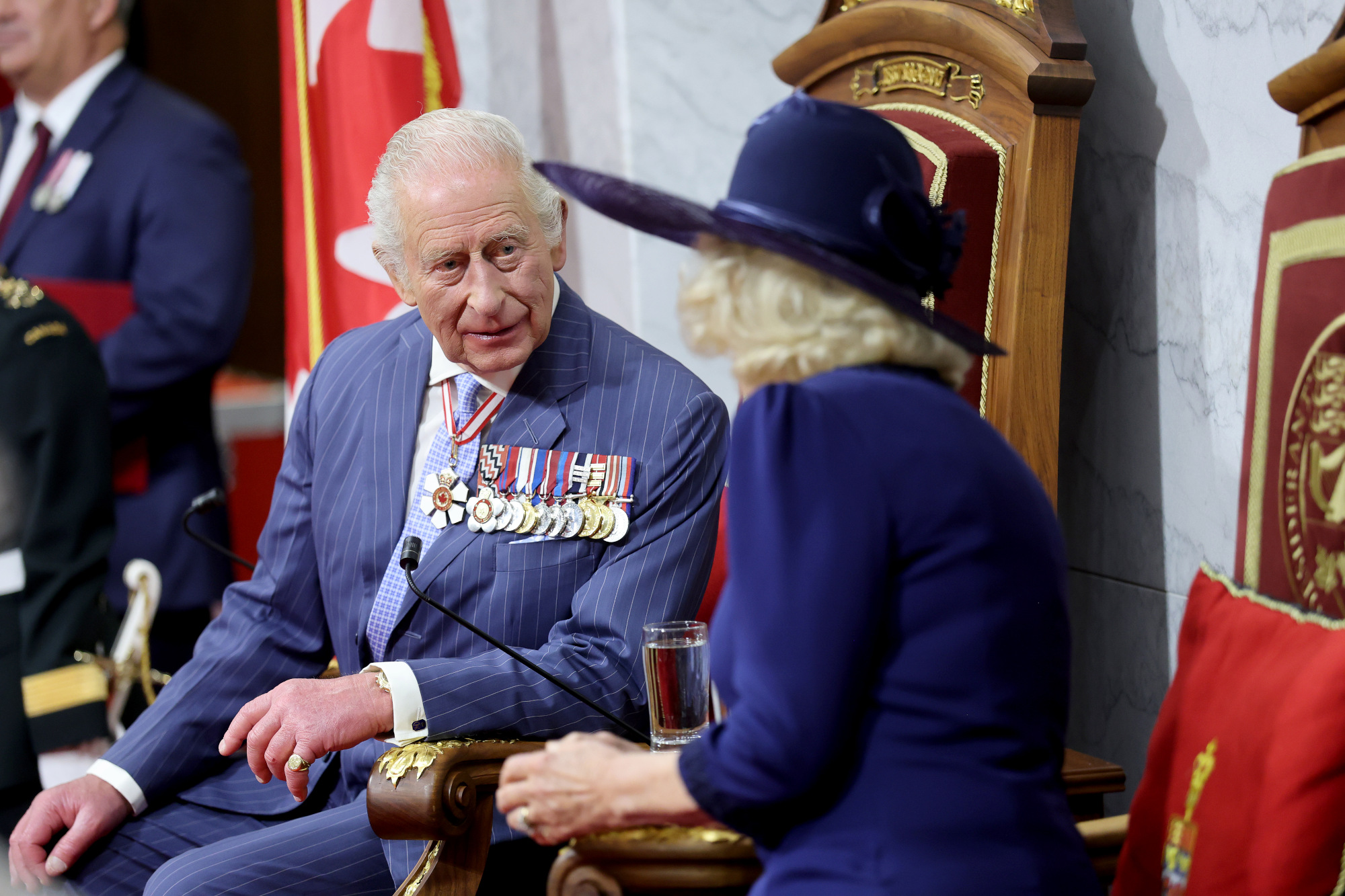Who’s afraid of Virginia Woolf? Americans, apparently. Or at least that’s the conclusion Vintage US seems to have drawn. The publishing house has slapped a new edition of Woolf’s 1927 novel, To the Lighthouse, with a trigger warning, alerting US readers to its potentially upsetting content. (Vintage UK hasn’t followed suit.)
The warning, reported in the Daily Telegraph, doesn’t mention anything specific, probably because you’d have to strain yourself to find anything particularly offensive about this philosophical, semi-autobiographical novel about a well-to-do family’s holidays on the Isle of Skye. Instead, it just warns hypothetical, easily offended readers about how old — and thus potentially terrifying — the novel is:
This book was published in 1927 and reflects the attitudes of its time. The publisher’s decision to present it as it was originally published is not intended as an endorsement of cultural representations or language contained herein.
Apparently, Vintage US put an almost identical warning on its recent edition of Ernest Hemingway’s The Sun Also Rises. It seems that any novel of a certain, er, vintage is now deemed perilous to today’s readers, who are all apparently unaware that writers in previous eras held somewhat different views to people today, or that fictional characters can sometimes be a bit nasty.
It isn’t just Vintage, either. Penguin recently put a trigger warning on Nancy Mitford’s The Pursuit of Love, warning us that the novel contains “prejudices that were commonplace in British society” when it was first published in 1945. Remarkably, Penguin also felt the need to pronounce that those views were “wrong then” and “wrong today.” That these prejudices were articulated in the novel by Uncle Matthew — a cartoonish, intentionally unpleasant xenophobe, wont to bang on about “bloody foreigners” — made the trigger warning look even more ridiculous. He is hardly the dashing, amiable hero of that story.
Trigger warnings, like most bad things in this world, began life on elite American university campuses. The idea, at least originally, was to support those suffering from PTSD, alerting them to content in a text or film that might “trigger” their symptoms or force them to relive past traumatic experiences. To this day, proponents defend trigger warnings on the grounds that they are about shielding the genuinely vulnerable from psychological harm, not warning everyone away from difficult material.
The problem with this is twofold. Firstly, this is actually a terrible way to treat people with PTSD. This is a point author and social psychologist Jonathan Haidt has been making for years. “According to the most basic tenets of psychology, the very idea of helping people with anxiety disorders avoid the things they fear is misguided,” he says. Secondly, blanket warnings on books, by definition, prime all readers to look upon them suspiciously — fearfully even. They prime us to take offense.
The upshot of all this is encouraging people to be wary of reading. In particular, to be wary of reading anything that wasn’t written five minutes ago and that doesn’t perfectly reflect all of our contemporary (and so obviously morally unimpeachable) views. The notion that one might learn from the past, that perhaps long-dead writers knew something we don’t, something we’ve forgotten or unlearned, is dismissed out of hand these days. They used to say the past was a foreign country. Now we treat the past like one of those countries the Foreign Office issues travel warnings about. Like Libya. Or France.
We should reject these patronizing trigger warnings. But we also need to challenge the culture that gave birth to them: one in which we are all considered mentally fragile, in which great literature is reduced to the crudest of political purity tests, and in which the past is caricatured as one long, uninterrupted horror.
This article was originally published on The Spectator’s UK site.

























